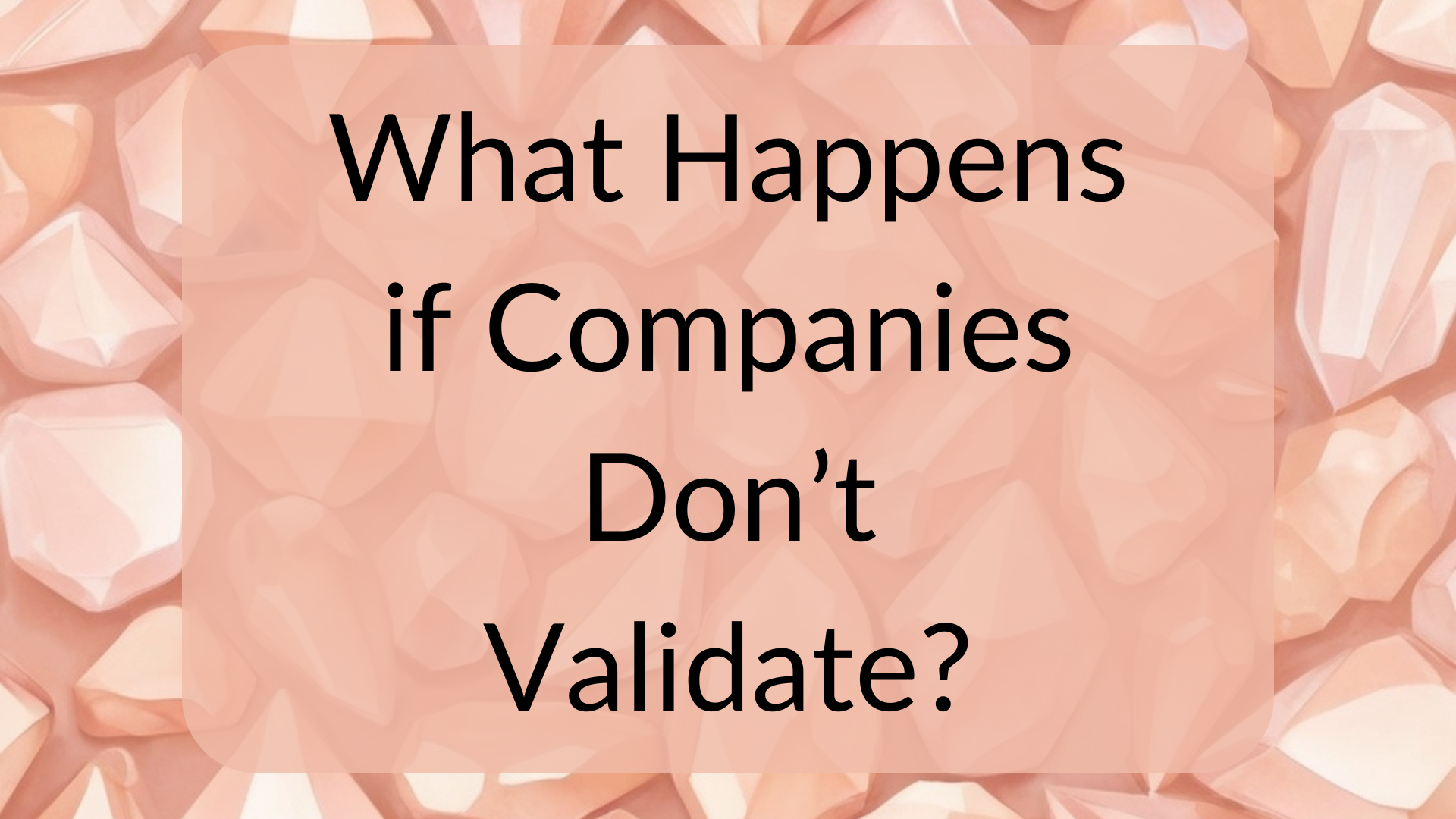Skipping Validation? The FDA Won’t Skip You.
The Consequences of Skipping Validation: A Cautionary Tale
In the regulated world of life sciences, validation isn’t just a best practice—it’s a requirement. Companies that fail to validate their processes, equipment, and cleaning methods risk serious consequences, ranging from FDA warning letters to complete business shutdowns.
If a company neglects validation, it often doesn’t take long before regulators take notice. The FDA maintains a database of warning letters and compliance actions, and when a company fails to meet validation requirements, their name can appear in these public records. In some cases, businesses that ignore validation find themselves disappearing from the market entirely.
I recently came across a company that had a presence in a life sciences database but little else. Curious, I searched for more information and discovered an FDA warning letter associated with them. While I can't say for certain that the two are linked, the situation is suspicious. Could their failure to validate have led to regulatory action that ultimately shuttered their operations? It’s a real possibility.
Warning Letters and Compliance Pitfalls
For companies that continue operations despite receiving an FDA warning letter, the road ahead can be challenging. Consider a recent case I reviewed involving the qualification of a cleaning machine. The company had chosen to validate it as part of their process validation rather than conducting a cleaning validation—a decision that ultimately did not align with FDA expectations. Since the machine was being used for residue removal rather than direct manufacturing, it should have undergone cleaning validation. Their misstep resulted in regulatory scrutiny and a requirement to redo the validation properly.
The Takeaway
Validation is not a one-time checkbox but an ongoing process that ensures compliance, product quality, and ultimately, patient safety. Misclassifying or neglecting validation efforts can lead to significant regulatory, financial, and reputational damage.
For companies in life sciences, the lesson is clear: Validate the right way, the first time. Whether it’s cleaning, process, or equipment validation, ensuring compliance from the outset is the best way to avoid the costly consequences of an FDA warning letter—or worse, business failure.
Don't wait until it's too late. The FDA won’t skip you, so let’s make sure your validation holds up. Schedule a consultation at meet.brayearst.com.

